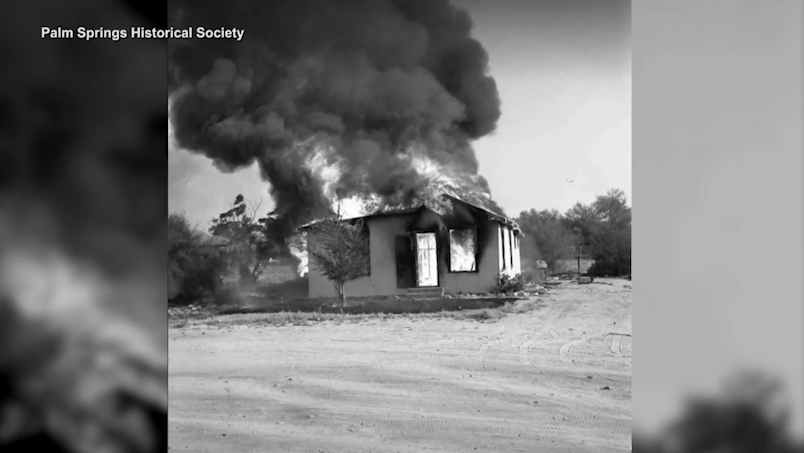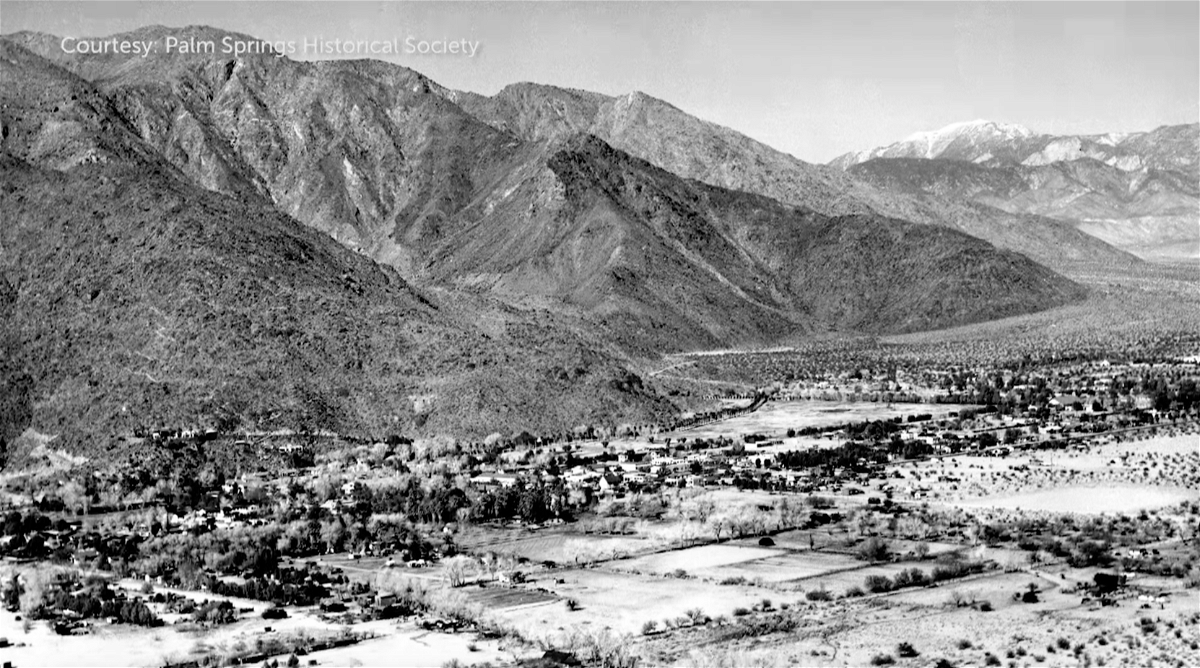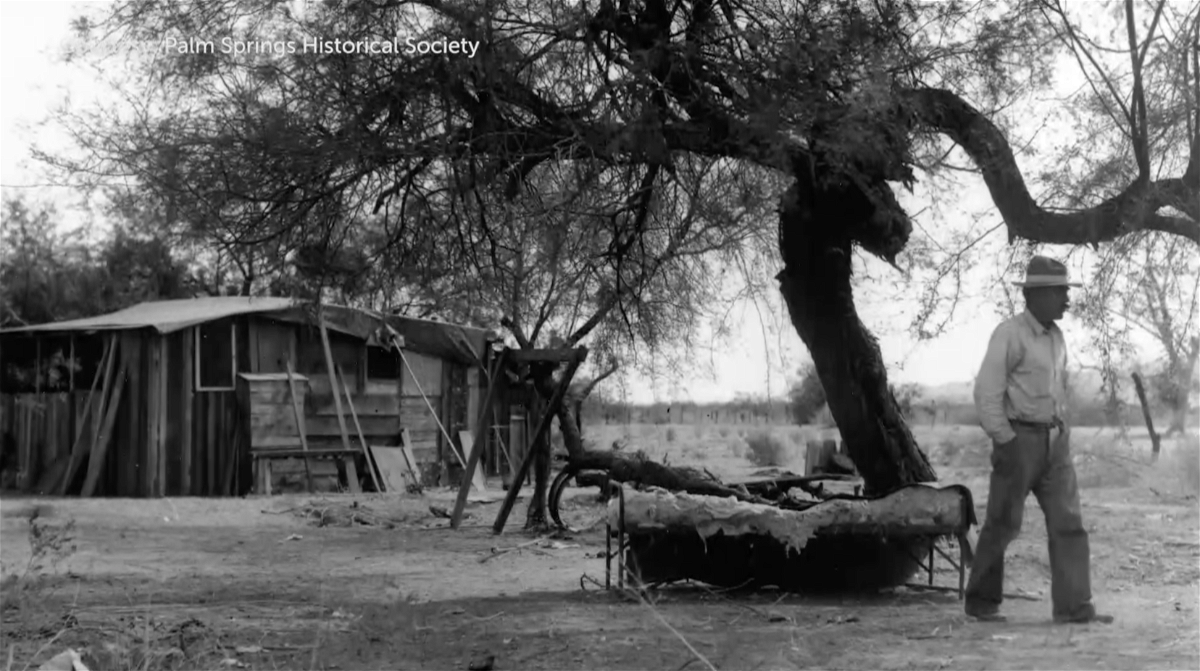Section 14 families file racial reparations claim against Palm Springs
The city of Palm Springs could be facing legal action as hundreds of minority families seek compensation for the destruction of the land known as Section 14 in the downtown area more than half a century ago.
Section 14 was the primary residential area for people of color, with the one-square-mile neighborhood owned by the Agua Caliente Band of Cahuilla Indians from 1930 to 1965. The evictions began in late 1954 and continued for 12 years through 1966.
It happened after long-term land leases were legalized on Indian land and property values soared.
The demolition of Section 14 was described in a later California Department of Justice report as "a city-engineered holocaust."



“There were some people who went to school in the morning and when they came home their houses were gone,” Palm Springs Historical Society’s associate curator, Renee Brown told News Channel 3 back in June 2020.
"As a child, looking, seeing houses being burned around you, not really knowing what's going on," recalled Pearl Devers, a Section 14 survivor.
Devers and Delia Ruiz Taylor are among the hundreds of Black and Mexican families who lost their homes.
"We were these poor Mexicans, a poor Mexican family, and these white people wanted us out of there," Taylor said.
Their group is seeking direct payments from the city of Palm Springs for what their reparations claim states is millions of dollars racially motivated harm caused by the evictions. Damages could range from $400 million to $2 billion dollars.
Attorney Areva Martin is the lead counsel for Section 14's survivors and descendants.
"These families were denied that opportunity, they were denied the opportunity to purchase homes to build that equity. And then to pass that equity down to subsequent generations. That is how we build generational wealth," Martin said.
The city of Palm Springs formally apologized in September 2021 for the evictions, and the City Council asked its staff to develop proposals for possible economic investments that could act as reparations, but the survivors of Section 14 say conversations have stalled.
In a statement to News Channel 3, Palm Springs City Attorney Jeff Ballinger said he hopes to continue focusing the city's resources on making amends, rather than on unnecessary litigation.
"...this City Council has issued a formal apology and has set the City on a course to attempt to make amends for what happened back in the 1950’s and 1960’s. I have been in communication with Ms. Martin, and it is my hope that, with her assistance, we can continue focusing the City’s resources on that course of action, rather than on unnecessary litigation."
Jeff Ballinger, Palm Springs City Attorney

